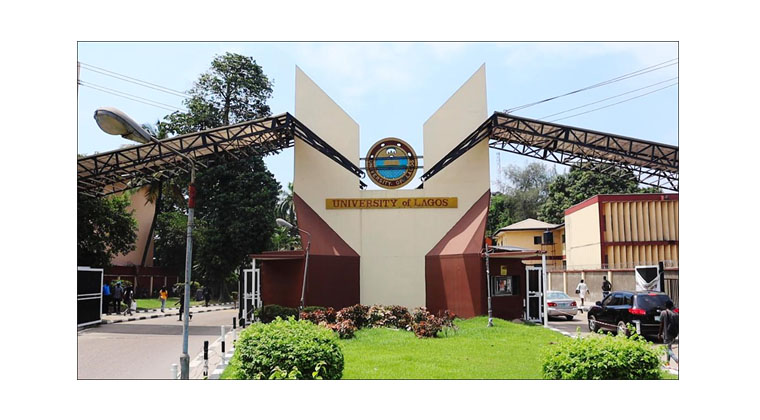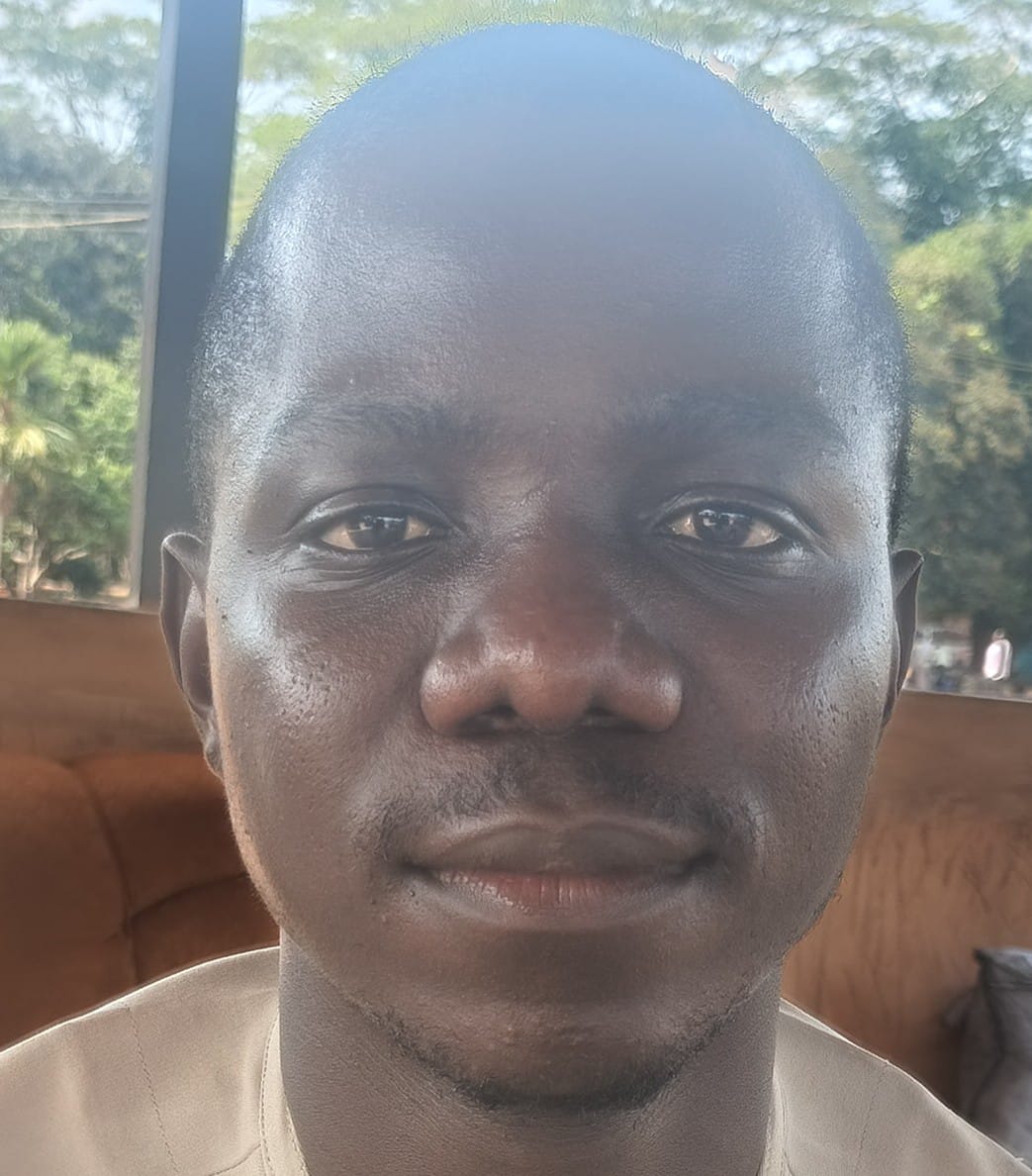The University of Lagos, Akoka, will graduate two students as the overall best-graduating students with a perfect Cumulative Grade Point Average of 5.0 at its 55th convocation ceremony.
Both students are from the Department of Cell Biology and Genetics, Faculty of Science.
Speaking on Wednesday at a media briefing, Vice-Chancellor Prof. Folasade Ogunsola said that the convocation would start on Friday, January 10, with a Jumaat service and end on Sunday, January 17, 2025, with a thanksgiving service.
READ ALSO: Hoodlums Vandalise UNILAG Bus, Steal Convocation Gowns
“The overall best-graduating student position is shared by two students Damilare Adebakin and Samuel Badekale, from the Faculty of Science, Department of Cell Biology & Genetics with a perfect score of 5.0,” a statement made available to Punch Online on Wednesday read.
Ogunsola said, “We will be graduating 16,409 students of these 9,684 students will receive first degrees and diplomas while 6,659 will be awarded postgraduate degrees while 66 will graduate from the UNILAG Business School.”
Ogunsola added that on Monday, January 13, at noon, a convocation lecture titled ‘Universities as Hubs for Development and Wealth Creation,’ would be delivered by CEO of the Nigeria Economic Summit Group, Dr Tayo Aduloju, at the J.F. Ade-Ajayi Auditorium.
“Former Lagos State Governor, Mr Babatunde Raji Fashola will chair the event, which aims to discuss the funding of tertiary education and its role in driving economic and social progress.
“We are looking forward to a very thought-provoking lecture that will add to the discussion on funding of tertiary education and positioning them as drivers of economic and social development.
“We are privileged to have as Chairman, Mr Babatunde Raji Fashola, CON, SAN, former Governor of Lagos State and former Minister of Works, whose clarity in addressing issues was pivotal to innovative reforms and development of our country,” she stated.
She added that three eminent Nigerians, including the co-founder of Guaranty Trust Bank, Fola Adeola; the Group Managing Director of Sahara Power Group, Engr. Kolawole Adesina, and the director-general of the World Trade Organisation, Ngozi Okonjo-Iweala, would be conferred with the honorary degree of Doctor of Science.
The convocation week will feature several key events, including the groundbreaking ceremony for the School of Postgraduate Studies building on January 13, a project donated by Chief Tunde Fanimokun in celebration of his 80th birthday.
Award ceremonies for degrees, diplomas, and certificates will take place from January 14 to January 16 across various faculties, with postgraduate degrees and diplomas being conferred on January 16th.
The week will also include a convocation play, Langbodo by Wale Ogunyemi, on January 17 and conclude with a thanksgiving service on January 19th.
“The ceremonies will formally come to an end on Sunday, January 19, 2025, with a Thanksgiving Service at the Chapel of Christ Our Light, University of Lagos at 10:00 am,” the statement concluded.


































